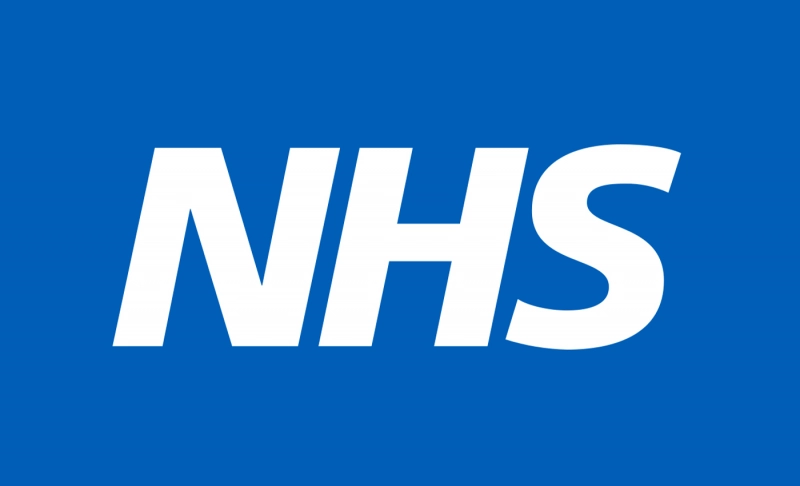By: Sandesh M
May 6 2022
False: NHS data from April 2022 revealed that only 5,115 people died of COVID-19 in England since the pandemic began.

The Verdict False
NHS data showing deaths of people with no comorbidities is falsely shared as total COVID-19 deaths in England.
NHS data showing deaths of people with no comorbidities is falsely shared as total COVID-19 deaths in England.An article published by The Exposé on April 27, 2022, claimed that the National Health Service (NHS) has confirmed that just 5,115 people have died of COVID-19 in England since the beginning of the pandemic. It alleged that the U.K. government reported the total number of COVID-19 deaths as 160,000 to instill fear in the public. The claim is false, and the data has been used manipulatively as a cover to undermine the pandemic. We examined how deaths from COVID-19 are identified in England and the latest numbers to date. According to the U.K. government's coronavirus website, the total number of COVID-19 deaths reported was 162,307 as of April 22, 2022. This is the overall death toll from COVID-19 since the start of the pandemic, which is still ongoing. This figure includes people who died of the virus outside hospitals. On further analysis, we found that the numbers being used in the Expose article are taken from the weekly summaries report published by NHS on April 21, 2022. The table shows a total of 114,721 people have died in hospitals in England due to the COVID-19 virus. The breakdown of numbers reveals that 109,606 who died had a pre-existing condition and the remaining 5,115 had none. The Expose article considers only these 5,115 deaths, thus ignoring the COVID-19 deaths caused due to pre-existing medical conditions or comorbidities. Some groups of people are at a high risk of dying from COVID-19 due to severe illness from chronic conditions like diabetes, hypertension and other health problems. However, that does not mean that every COVID-19 death of a person with underlying conditions would have had an untimely death without COVID-19 infections. The Centers for Disease Control and Prevention (CDC), noted that adults and children with obesity, chronic lung diseases, sickle cell disease, or those who are immunocompromised are at risk of getting very sick due to COVID-19. U.K.'s Office of National Statistics has stated in its blog that only considering COVID-19 as the sole cause of death misses crucial context, as the person dying may have had a pre-existing health condition of some sort. Similar unwarranted claims have been made by misrepresenting official data. The Expose has a history of making bizarre and baseless claims related to the COVID-19 pandemic by trying to minimize the effect of COVID-19 and derail the vaccination drive against SARS-CoV-2. Logically has previously debunked similar claims by The Expose about COVID-19 and conducted a comprehensive investigation unmasking the people behind the website. The COVID-19 pandemic has given rise to a lot of potentially dangerous misinformation. For reliable advice on COVID-19, including symptoms, prevention, and available treatment, please refer to the World Health Organization or your national healthcare authority.


